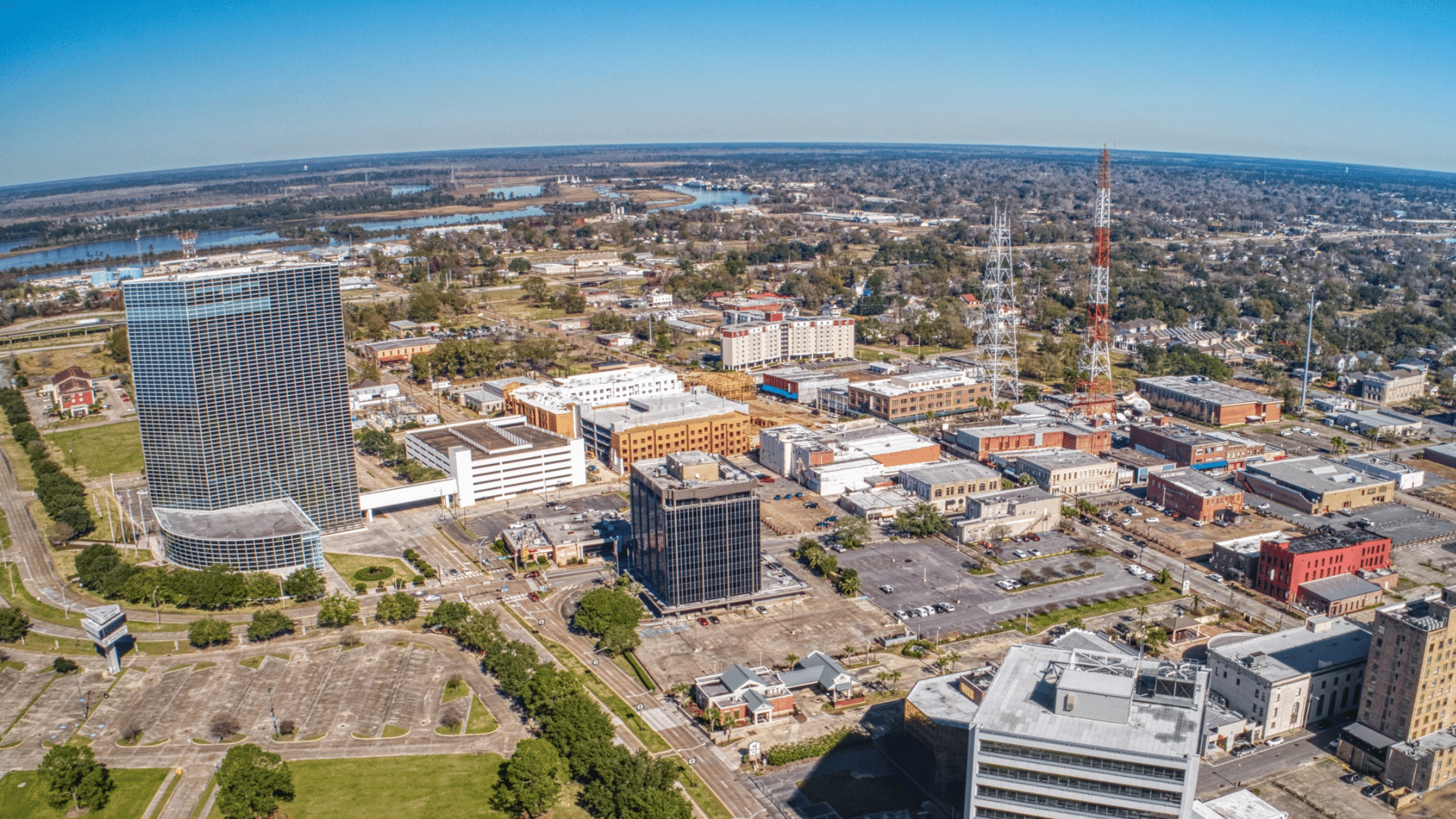
Lake Charles Builds a More Resilient Future with Kamstrup Technology

Located along the storm-prone Gulf Coast, Lake Charles, Louisiana, has faced more federally declared natural disasters in a short span than any other U.S. city. Between 2020 and 2021 alone, the city endured two hurricanes, the latter of which was followed by a once-in-a-generation freeze. These events severely strained the city’s aging water infrastructure—exposing vulnerabilities, like burst pipes in vacant buildings, widespread leaks, and prolonged loss of pressure that left residents without water for nearly a week.
The city’s outdated water meters, reliant on manual readings, made it impossible to detect leaks or respond quickly to system failures. Water loss, inaccurate billing, and frustrated residents became recurring issues. Although meter upgrades had been discussed, the steep cost had made it difficult to promote, until the city experienced back-to-back disasters.
A Strategic Choice: Lake Charles’ Mayor Invests in Smart Water
On the heels of disaster and a multi-day water outage, Mayor Nic Hunter and his administration made a bold decision to modernize Lake Charles’ water system. The timing was optimal with public support at an all-time high after residents had gone without water for nearly a week. The city issued an RFP and selected Kamstrup’s ultrasonic smart meters and AMI network, paired with implementation support from trusted partners.
With funding from ARPA, FEMA, city reserves, and a small monthly surcharge, Lake Charles began replacing approximately 34,000 water meters—transforming their utility infrastructure from mid-20th century technology to a digital platform built for the 21st century.
This upgrade gave the city real-time visibility into water usage, leak detection, and meter performance—empowering utility staff to proactively manage the system, even in the aftermath of extreme weather events.


Lake Charles Today: Daily Efficiency meets Climate Readiness
As of 2024, nearly 99% of Lake Charles’ water meters have been upgraded. What once took days of manual labor—driving the streets in search of leaks—is now managed from City Hall thanks to Kamstrup meter data management and leak detection software. If another major freeze were to strike, the city estimates its response time would be cut drastically, with water pressure restored in about a day, rather than six.
The benefits extend beyond emergencies:
- Fewer billing disputes: Utility staff can now review 30-day usage histories and pinpoint potential household leaks.
- Faster response times: Leaks are detected automatically, often before residents notice.
- Public trust: Transparent communication around the project's goals and financing led to minimal pushback on the monthly surcharge.